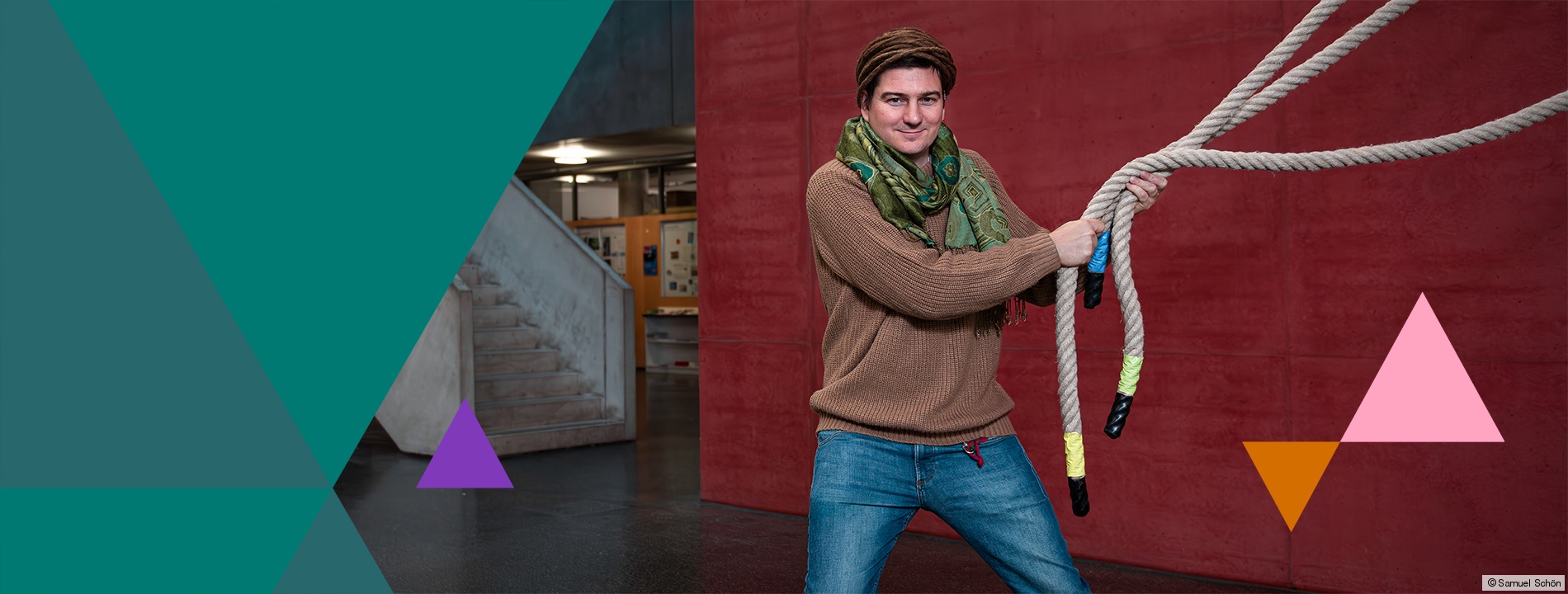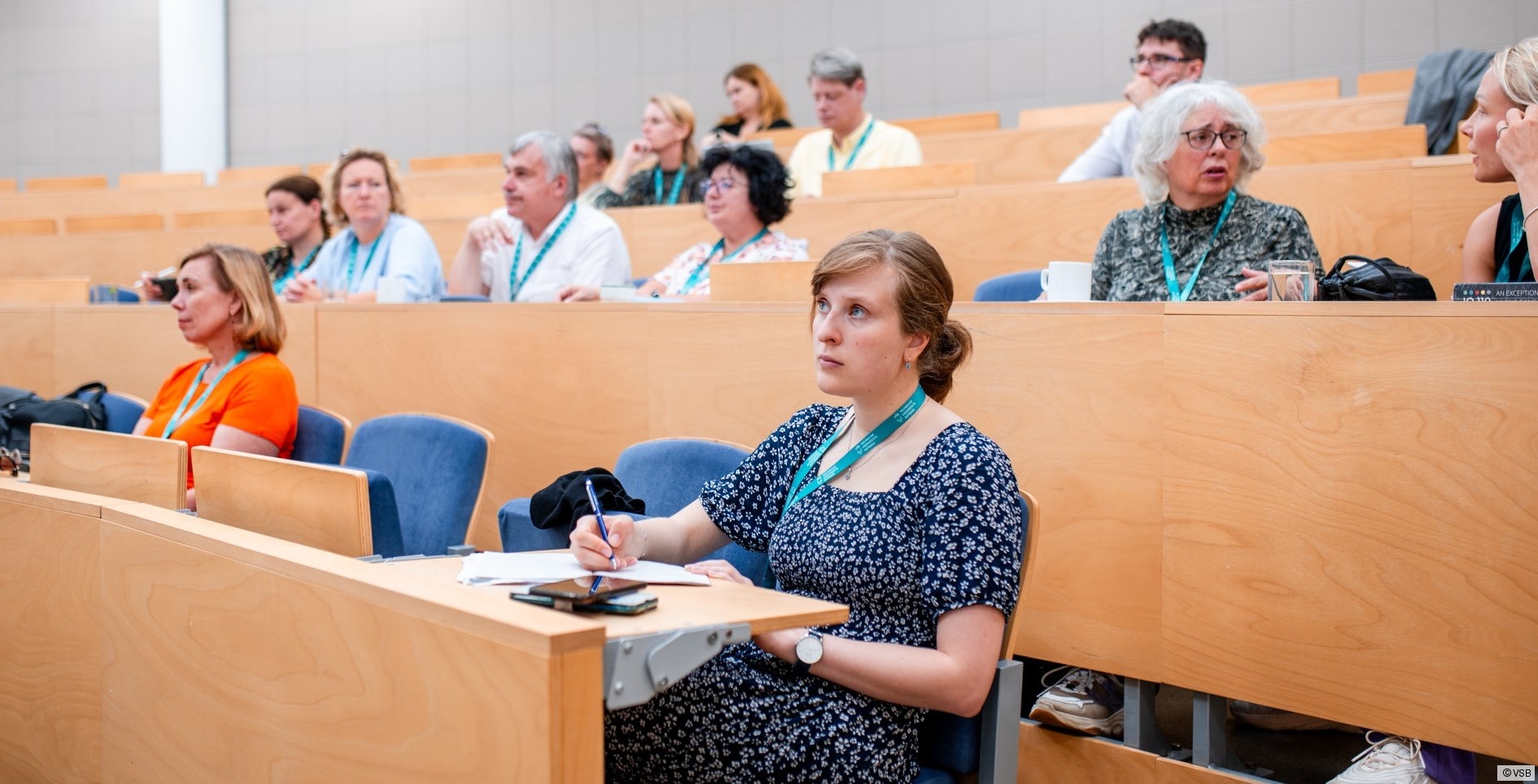“The EduBase is the heart of U!REKA teaching”
Prof. Dr. Raul Gschrey on the ideas, plans and goals of the international teaching platform
Raul, since June 30, 2025, the EduBase has been online as part of the U!REKA website. What do you publish there, and who is the platform aimed at?
EduBase provides university teachers and staff with information on how to organize international offerings. The site is divided into several sections: First, we explain the U!REKA educational agenda. Second, we present guidelines for specific formats such as Blended Intensive Programmes (BIP) or Collaborative Online International Learning (COIL). Third, we showcase methods that can be used in teaching and collaboration with stakeholders. And fourth, we highlight already implemented U!REKA projects. Lecturers can use the platform to discuss the opportunities and challenges that come with these collaborations.
You mentioned the U!REKA educational agenda. How did it come about, and what does it include?
The agenda was developed through numerous discussions and so-called EduForums, where teachers and staff from U!REKA universities explored the future direction of education.
Through a long process of collection and refinement, we developed six pedagogical principles:
- Co-creation
- Inclusivity
- Challenge-based learning
- Interdisciplinarity
- Collaborative learning
- Internationality
These principles form the foundation of the U!REKA European University offerings. However, this doesn’t mean that lecturers must apply all principles in every course. Some offerings may only align with one or two principles, while others may incorporate several. We see these guidelines as inspiration for lecturers to reflect on their own teaching portfolios. Additionally, lecturers can use the EduBase to share and reflect on their experiences with the educational agenda.
What distinguishes the U!REKA educational agenda from those of other university alliances?
For me, the first key aspect is challenge-based learning. We take real-world problems in cities and regions seriously, integrate them into teaching, and connect with local stakeholders.
The second is strong co-creation—collaborative development of course content. We not only open courses to an international audience but also co-develop offerings with colleagues from U!REKA universities.
How would you like the EduBase to be used?
As an information platform for U!REKA lecturers and staff who want to engage in international exchange and teaching development. And as a living document that teachers and project leaders contribute to in order to further develop the European university teaching concept.
So, active participation from lecturers and staff in the EduBase is explicitly encouraged?
Yes, we invite our colleagues who are involved in university development to contribute to the EduBase. The current focus is on showcasing good practice projects and usable methods.
Where can interested parties get in touch if they want to publish something?
We are currently building an editorial team that will receive content submissions. The team will review and assess whether the proposed texts fit the EduBase. We will also proactively reach out to teachers for contributions.
What are your plans for the EduBase?
We hope to expand the EduBase with collegial texts and examples, offering new perspectives. Additionally, we aim to build a compendium that informs interested parties about U!REKA and helps them find their role within the university alliance.
To me, the EduBase is the heart of U!REKA teaching, as it showcases our ideas and facilitates exchange on the educational agenda and the future of European university teaching.
Thank you for the conversation!
Further information: https://ureka.eu/edubase/



